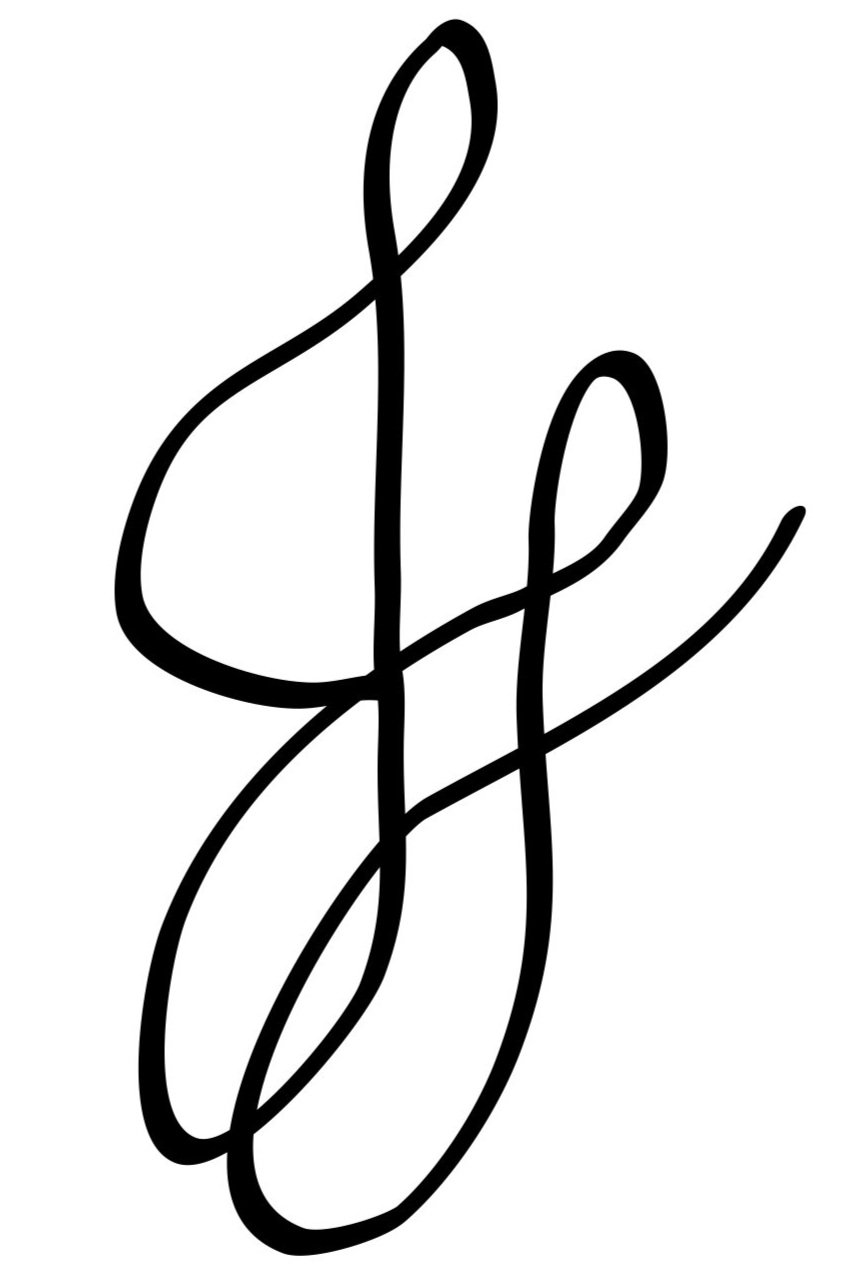Miss Empowerment, 2012. 12”x16” acrylic + photo transfer on wood board and upholstery fabric
Beauty pageants are an institutional site facilitating cultural reproduction of idealized femininity. They are also situated as fulfilling a, “western aesthetic of beauty.” The programs pride themselves for providing training to young women on certain aesthetic appearance and public presentation skills. Training is rendered as an opportunity for female confidence-building, improved self-esteem, and empowerment.
The dynamic in beauty pageants pertains to a certain cultural literacy that constitutes itself in the role of business sponsors as coexisting with a set of objectives and rewards. The beautification of young women is masked as an ‘empowering’ experience, but also relates to objectives that are not generally acknowledged by the public. These objectives are met according to business sponsors’ desire for representation through the process of the young girls’ public appearances. In other words, the aspired beautification of young women in beauty pageants is actually contradictory to their empowerment.
(2012) Beauty pageants and the self
Abstract:
Beauty pageants are widely accepted social institutions that exist throughout contemporary, global society. Historically and up to present, they have received little attention in the realm of formal research, yet they continue to perpetuate certain feminine ideals that have negative implication for the young women who participate in them. The esoteric nature of these organizations allows them to impose hegemonic values of femininity onto young women. The author uses her own experience in a pageant by using autoethnography as her method. Her purpose in using this method is to show how the institution of beauty pageantry acts as a site that perpetuates the hegemonic values of beauty onto young women, while also objectifying contestants during the process. The narrative created from her research situates the reader into her consciousness during the situated experience as a candidate during beauty pageant training. This process allows the reader to understand the esoteric life world of the beauty pageant context. The narrative alludes to the objectification of beauty pageant candidates during participation in the program. By showing the reader into this life world, the researcher reveals how the experience has shaped her personal values of beauty, femininity, and propriety. Ultimately, the research process created through autoethnography allows the audience to engage with the experience of being in a beauty pageant, thus revealing insights about the nature of these organizations which bears the potential to instigate social change. Key words: beauty pageants, autoethnography, femininity, objectification, hegemony, esoteric

